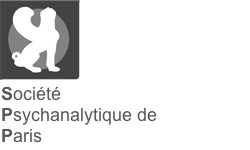|
Type de document :
|
Article : texte imprimé
|
|
Titre :
|
Jung and the Nazis: Some Implications for Psychoanalysis (2005)
|
|
Auteurs :
|
/
Stephen FROSH
|
|
Dans :
|
Psychoanalysis and History (vol. 7, n° 2, 2005)
|
|
Article en page(s) :
|
pp. 253-271
|
|
Langues:
|
Anglais
|
|
Mots-clés :
|
JUNG, Carl Gustav
;
Nazisme
;
Antisémitisme
;
Psychanalyse : Allemagne
;
Histoire : Allemagne - 3e Reich
|
|
Résumé :
|
The involvement of Jung with German psychotherapy in the 1930s revealed a strong tendency to collaborate with the Nazis, even though his behaviour was more contradictory than has often been acknowledged. In part this was due to anti-Semitic sentiments; some of it was fuelled by the apparent opportunity to make Jungian psychology dominant over its ‘Jewish’ Freudian rival; and in part Jung's admiration for the energy of the Nazi movement seems to have been genuine. This paper traces some of the elements in Jung's activities of that period in order to highlight the mixture of pragmatic and ideological investments that also applied to many other psychotherapists, and to some German psychoanalysts at the time.
|




